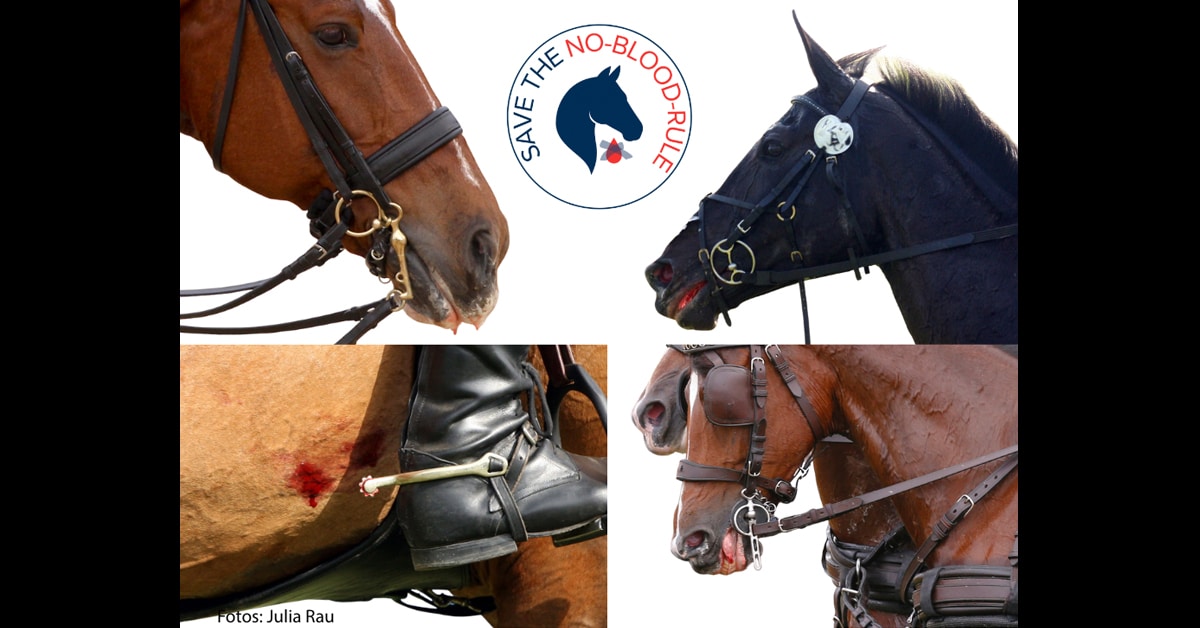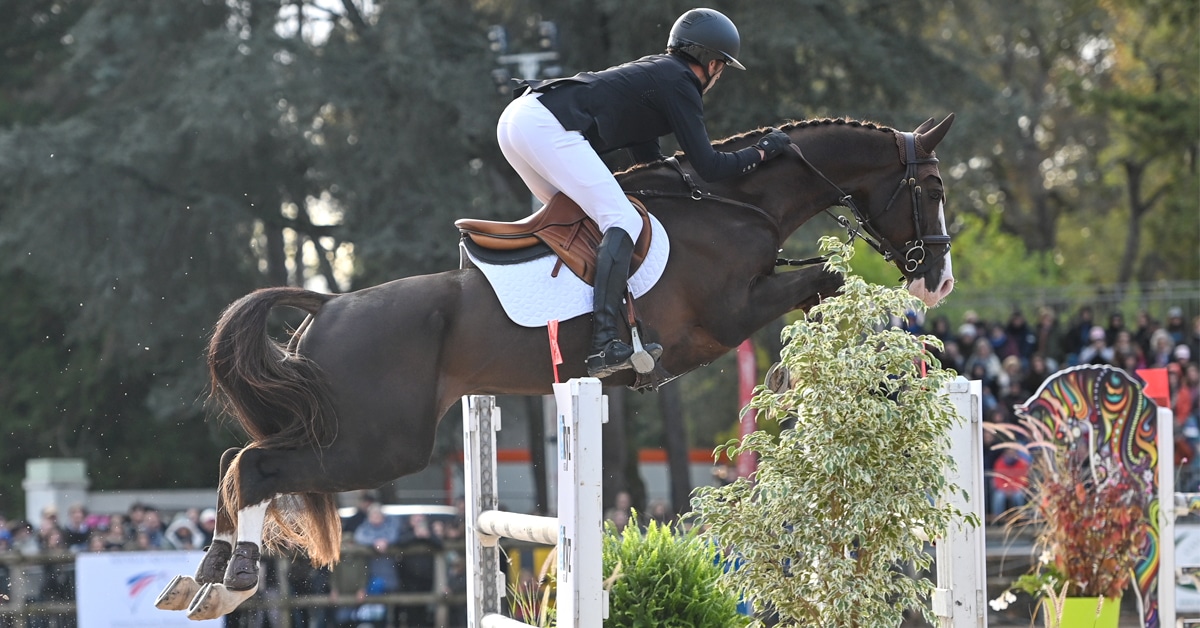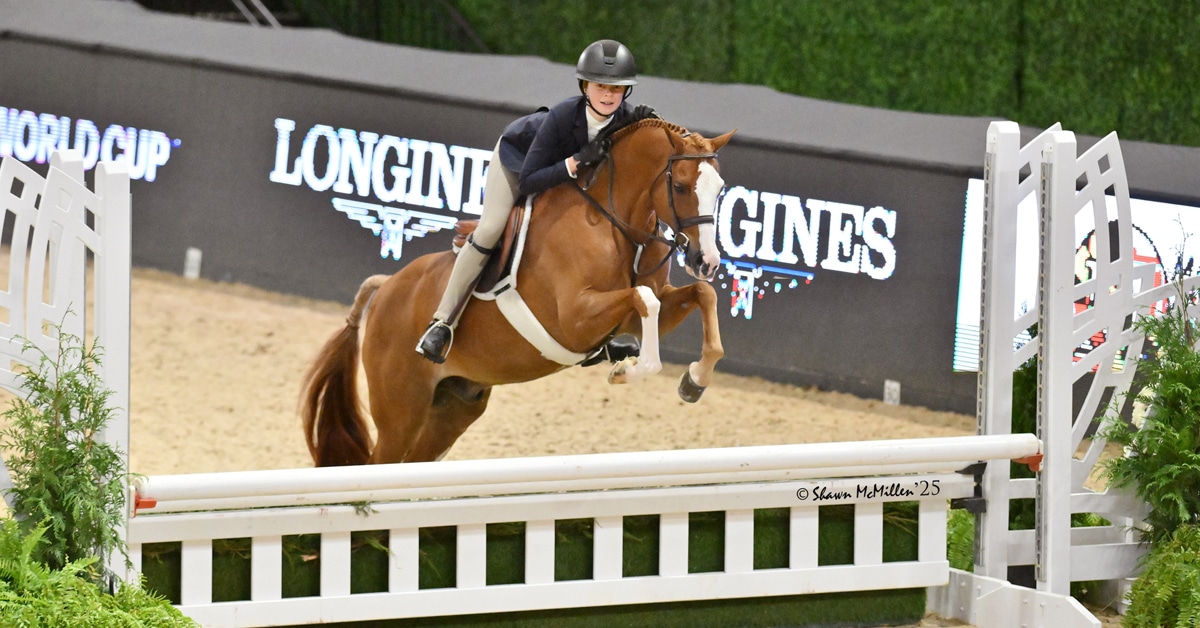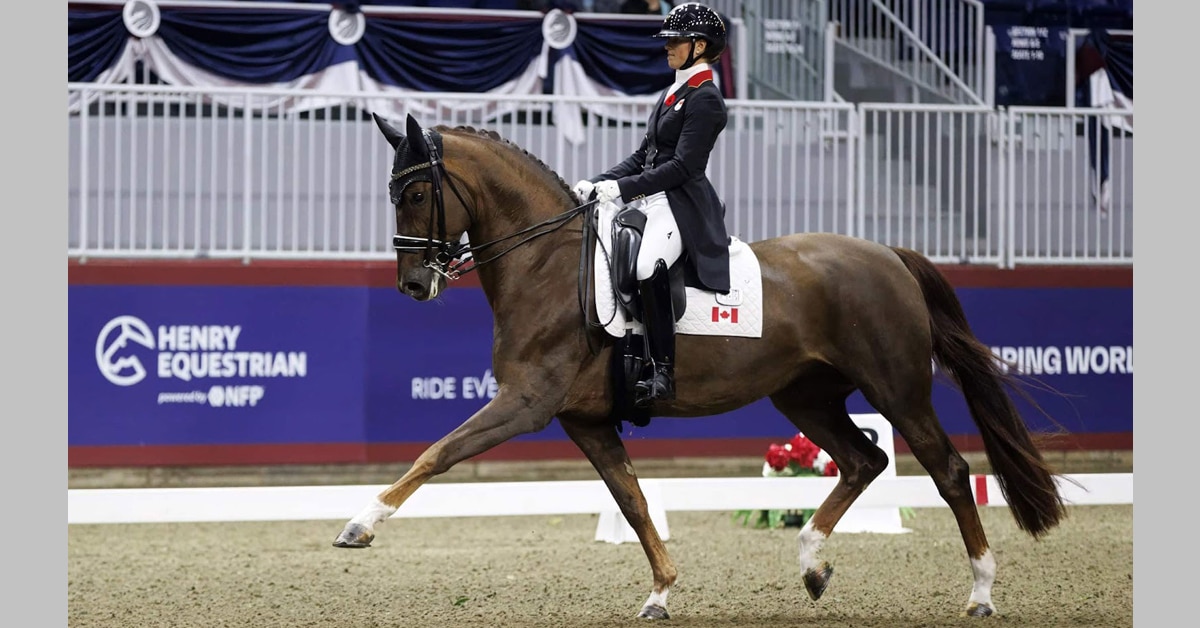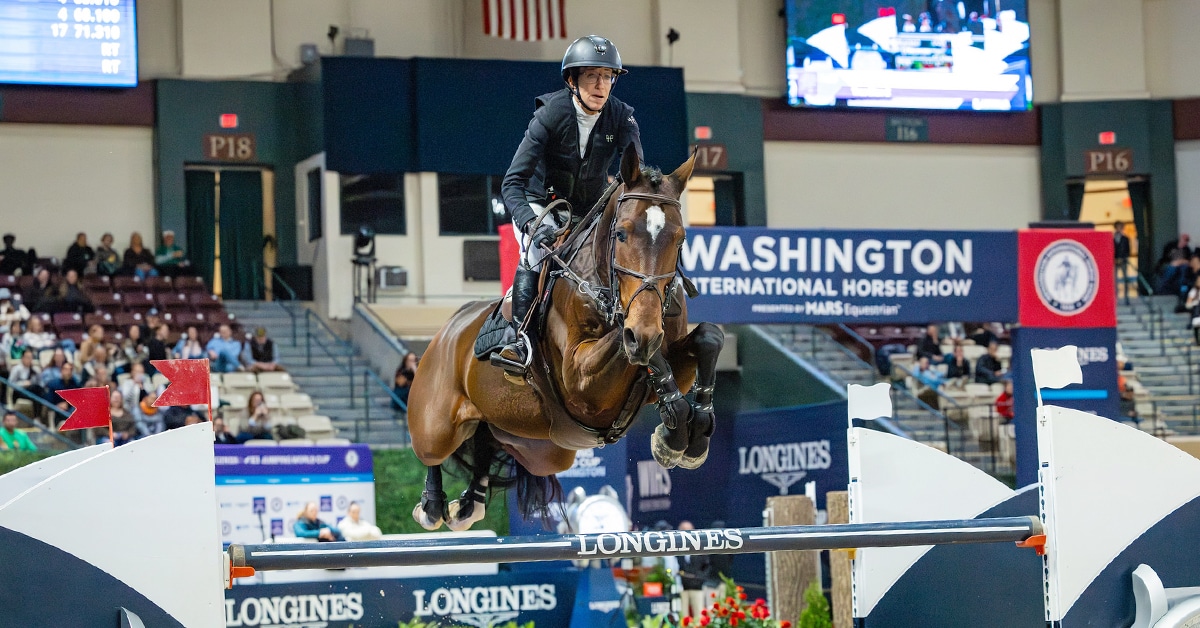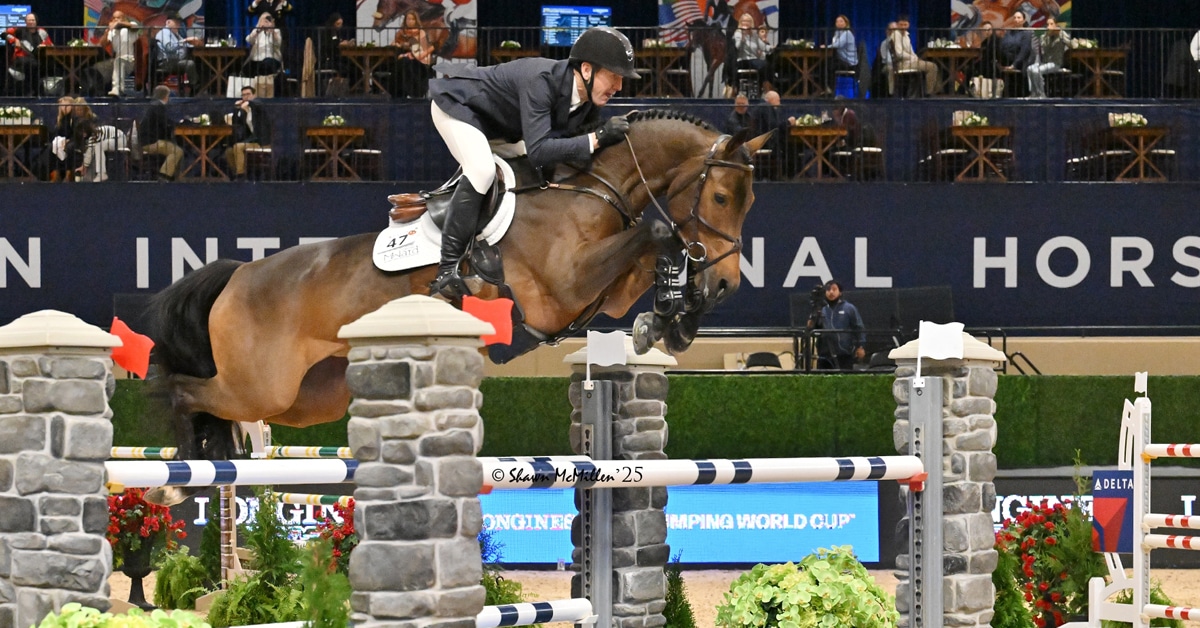Endurance trainers based in the Middle East are the first to automatically face sanctions after horses in their care tested positive to prohibited substances.
A new FEI rule came into effect on January 1st, joining endurance trainers alongside riders in doping offences – also taking steps to prevent suspended trainers attending rides as spectators. Note that all trainers will be named on the tribunal case status table from January 1st, for ease of tracing last violations, even if no charge is brought against them.
This is the first FEI anti-doping rule to be discipline-specific. FEI endurance still returns a substantially higher percentage of positives from horses sampled than any other equestrian sport, and provides 39 of the 59 cases currently waiting a FEI Tribunal decision. Five new endurance offences have been listed on the Tribunal case status table in the past 48 hours alone.
UAE trainer Khalifa Ghanim Al Marri is provisionally suspended following a controlled medication positive. A FEI spokesman told Horse Canada he was no longer “eligible to participate in or attend, in any capacity, including as a spectator, any event that is authorised or organised by the FEI or any national federation, unless the FEI Tribunal decides otherwise.” He is also prohibited from training any FEI and/or national horses during his provisional suspension.
The as yet un-named rider in the al Marri case has been offered the Administrative Procedure (fast-track) fine and disqualification because was a single controlled substance and the rider’s first violation. However, under the tougher new trainer rules, al Marri is suspended because he has a prior violation.
Also listed today, Cecilia Sebben of Uruguay faces a Tribunal decision for a controlled medication positive – her second such offence – with Lobita in the 160km CEI in Dubai on January 4th, as does Faris Alhwaity of Saudi Arabia for a multiple controlled medications offence with Ghaliat Joodah on January 12th. Both Sebben and Alhwaity were registered as the trainers shortly before their rides.
Earlier this week, UAE trainers Ibrahim Joynal Abedin (Si Quilombo) and Rashed Suhail Al Darbi (Kekmadar) were named as trainers in the cases of two horses that tested positive to the banned substance arsenic. Both horses had the same rider, Said Al Balushi. Saudi rider-trainer Ahmad Althmaly also faces sanctions after Sarem tested positive to banned steroids Stanozolol and 16-betahydroxystanozolol.
In all other equestrian sports, because the rider is usually the horse’s trainer and manager he is the “person responsible” (PR) for doping offences.
However, endurance particularly in the Middle East often revolves around large barns with professional trainers, ridden by staffers or overseas visitors with little prior contact. The FEI Tribunal first warned in 2005 about the anomaly of the trainer not being the rider.
After another major rule review in 2010, the FEI gained discretionary powers to join trainers, owners, vets and/or grooms in doping sanctions, but only with clear evidence of complicity.
Explaining the targeting of trainers in new Equine Anti-Doping and Controlled Medication Regulations, the FEI legal department wrote: “In endurance, particularly in certain regions, it is accepted that the day to day care of the horse is usually managed by the registered trainer.
“Even if the FEI opens a separate case against the trainer, under the current [pre-2019] system it is not mandatory/automatic to provisionally suspend the trainer. He/she is free to train other horses while the legal process case against him is ongoing.
“To strengthen the system, the FEI proposes to provisionally suspend a registered trainer in endurance cases even if there is only one controlled medication in the sample, if that trainer has a pending or prior violation of the rules (with the same horse or another horse). This means there are consequences for registered trainers even if an athlete accepts the fast track [an elective fine of 1500 Swiss francs and disqualification.]”
Explaining measures to bar suspended trainers from ride venues, the FEI said: “There are certain venues/disciplines where spectators may have access to/get close to the Field of Play and the FEI wants to be able to prevent certain suspended persons having such access.”
During the rules consultation phase last fall, the FEI volunteered it would be difficult to keep abreast of the true registered trainer of affected horses. There has been social media comment about how French rider Sandra Houberdon came to be registered as trainer of borrowed horse Tabu Dhabi Only just hours before the start of Saturday’s President’s Cup. This horse sustained a fracture on loop 2 and was euthanised.
This was Houberdon’s first competitive visit to the UAE and she only arrived a few days beforehand. For the previous four years Tabu Dhabi Only’s Emirati owner was registered as the trainer. Houberdon told Horse Canada she was asking the French federation why this late change was made.
*This is an update of an earlier article which was written shortly before a further batch of prohibited substance offences were published today by the FEI.
More News
